Blog personnel - News - Religion - Scientology - Droits de l'Homme - Interviews - Livres - etc.
Le blog
Eric Roux
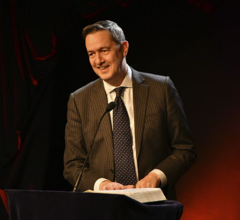
Ministre du culte de L'Eglise de Scientology, après 30 années passées dans le clergé de l'Eglise, Eric Roux est aujourd'hui le président de l'Union des Eglises de Scientology de France et Vice Président du Bureau Européen de L'Eglise de Scientology pour les affaires publiques et les droits de l'homme. Il est aussi administrateur pour l'Europe du Conseil International de URI (United Religions Initiative) et le Président du European Interreligious Forum for Religious Freedom.
Ce blog est une initiative personnelle destinée aux gens qui s'intéressent à la spiritualité, ou à ceux qui souhaitent en apprendre plus sur la scientology, à ceux qui pensent que la liberté de conscience est un droit fondamental qui mérite d'être défendu, à mes coreligionnaires ou encore à ceux qui sont curieux...
Ce blog est une initiative personnelle destinée aux gens qui s'intéressent à la spiritualité, ou à ceux qui souhaitent en apprendre plus sur la scientology, à ceux qui pensent que la liberté de conscience est un droit fondamental qui mérite d'être défendu, à mes coreligionnaires ou encore à ceux qui sont curieux...
Galerie (cliquez dessus pour plus d'images)
Rubriques
Dernières notes
Archives
Sites de Scientologie
Association paraînées par l'Eglise de Scientologie
Liberté de Conscience
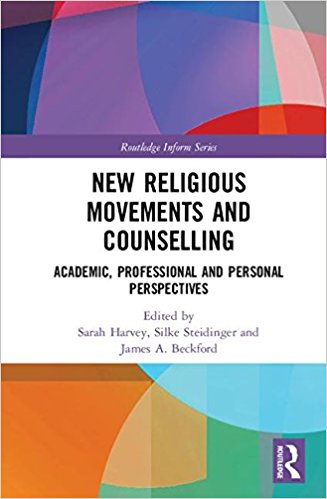
Le livre "New Religious Movements and Counselling" vient d'être publié chez Routledge, la plus grosse maison d'édition d'ouvrages académiques dans le monde. Vous pouvez le trouver en cliquant ici.
Je vous le signale parce que j'ai écrit dans cet ouvrage collectif le chapitre 9 "Scientology Auditing - Pastoral Counselling or a religious path to total spiritual freedom".
Malheureusement pour ceux qui ne sont pas anglophones, ce texte n'existe qu'en anglais. Je le copie quand même ici pour ceux qui souhaitent le lire :
Scientology Auditing - Pastoral Counselling or a religious path to total spiritual freedom
Scientology auditing is one of the core practices of the Scientology religion. The goal of auditing is to restore one’s innate abilities, oneself being understood as a spiritual being, the soul itself. This is accomplished by helping individuals rid themselves of any spiritual disabilities and by increasing their spiritual abilities. This religious practice is designed to help the person recover awareness of one’s spiritual immortality, one’s basic goodness and one’s personal divine nature.
Auditing (from Latin audire, which means to listen or to hear) is done by an auditor, who is an ordained minister or a minister in training of the Church of Scientology. The auditor applies the ‘processes’ (spiritual exercises) of auditing to an individual to help him or her accomplish the goal of auditing, spiritual enlightenment and freedom. Auditing can be applied to an individual,to a group of individuals together (group auditing) and, in certain cases, is applied to oneself (solo auditing).
While auditing may be seen as a form of counselling, its purpose, effects and its practice are far from the field of counselling as normally understood in the common sense and even different from ‘pastoral counselling’ as sometimes defined. This possible misconception of what Scientology auditing is may stem from the earlier works of L. Ron Hubbard, the founder of Scientology, in which he wrote about Dianetics auditing in his bestseller, Dianetics: The Modern Science of Mental Health (1950), a few years before the discoveries which led to the founding of the Scientology religion.
In this chapter, I will outline how Scientology auditing differs from counselling in its usual sense, and also from pastoral counselling as described by some of the more common definitions, even though some of the incidental effects of auditing encompass the purpose of counselling and pastoral counselling. This is without derogating Scientology auditing from its religious status and concern.
Counselling definitions and Dianetics before the birth of Scientology
Counselling is usually defined in English dictionaries as the provision of professional assistance and guidance in resolving personal or psychological problems. The word is commonly used in the field of therapy, and refers to professionals trained in that particular field. The Merriam Webster dictionary defines counselling as ‘professional guidance of the individual by utilizing psychological methods especially in collecting case history data, using various techniques of the personal interview, and testing interests and aptitudes’. Pastoral counselling refers to the situation in which a clergy member engages in counselling. Pastoral counselling is usually defined as the use of psychotherapeutic techniques by trained members of the clergy to assist parishioners who seek help for personal or emotional problems.
Je vous le signale parce que j'ai écrit dans cet ouvrage collectif le chapitre 9 "Scientology Auditing - Pastoral Counselling or a religious path to total spiritual freedom".
Malheureusement pour ceux qui ne sont pas anglophones, ce texte n'existe qu'en anglais. Je le copie quand même ici pour ceux qui souhaitent le lire :
Scientology Auditing - Pastoral Counselling or a religious path to total spiritual freedom
Scientology auditing is one of the core practices of the Scientology religion. The goal of auditing is to restore one’s innate abilities, oneself being understood as a spiritual being, the soul itself. This is accomplished by helping individuals rid themselves of any spiritual disabilities and by increasing their spiritual abilities. This religious practice is designed to help the person recover awareness of one’s spiritual immortality, one’s basic goodness and one’s personal divine nature.
Auditing (from Latin audire, which means to listen or to hear) is done by an auditor, who is an ordained minister or a minister in training of the Church of Scientology. The auditor applies the ‘processes’ (spiritual exercises) of auditing to an individual to help him or her accomplish the goal of auditing, spiritual enlightenment and freedom. Auditing can be applied to an individual,to a group of individuals together (group auditing) and, in certain cases, is applied to oneself (solo auditing).
While auditing may be seen as a form of counselling, its purpose, effects and its practice are far from the field of counselling as normally understood in the common sense and even different from ‘pastoral counselling’ as sometimes defined. This possible misconception of what Scientology auditing is may stem from the earlier works of L. Ron Hubbard, the founder of Scientology, in which he wrote about Dianetics auditing in his bestseller, Dianetics: The Modern Science of Mental Health (1950), a few years before the discoveries which led to the founding of the Scientology religion.
In this chapter, I will outline how Scientology auditing differs from counselling in its usual sense, and also from pastoral counselling as described by some of the more common definitions, even though some of the incidental effects of auditing encompass the purpose of counselling and pastoral counselling. This is without derogating Scientology auditing from its religious status and concern.
Counselling definitions and Dianetics before the birth of Scientology
Counselling is usually defined in English dictionaries as the provision of professional assistance and guidance in resolving personal or psychological problems. The word is commonly used in the field of therapy, and refers to professionals trained in that particular field. The Merriam Webster dictionary defines counselling as ‘professional guidance of the individual by utilizing psychological methods especially in collecting case history data, using various techniques of the personal interview, and testing interests and aptitudes’. Pastoral counselling refers to the situation in which a clergy member engages in counselling. Pastoral counselling is usually defined as the use of psychotherapeutic techniques by trained members of the clergy to assist parishioners who seek help for personal or emotional problems.
Eric Roux
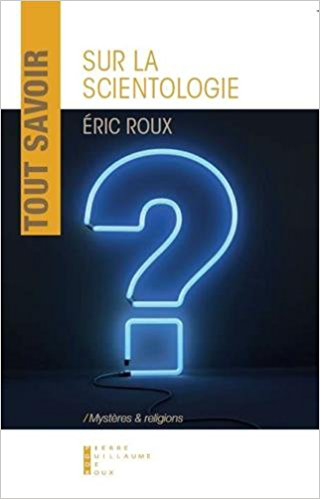
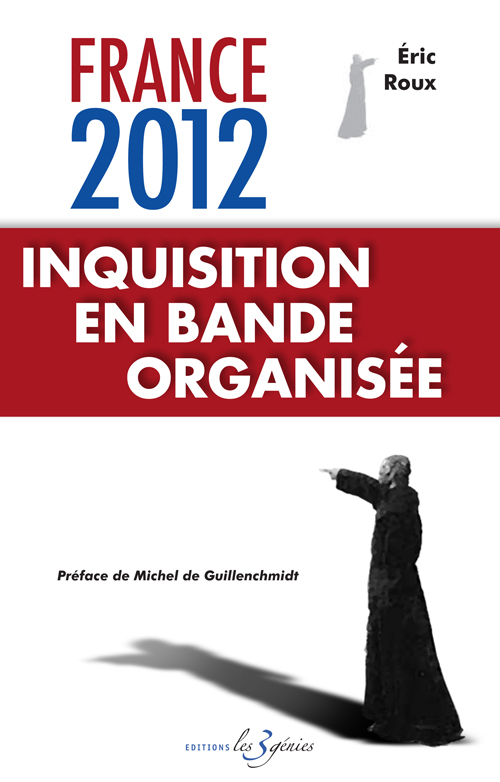
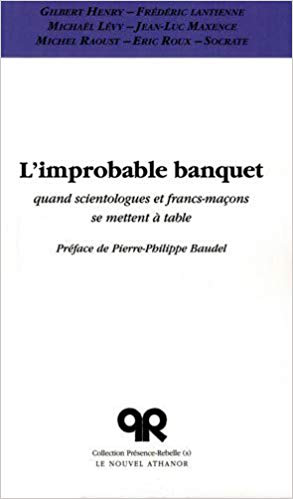


News
Commentaires (0) | Permalien